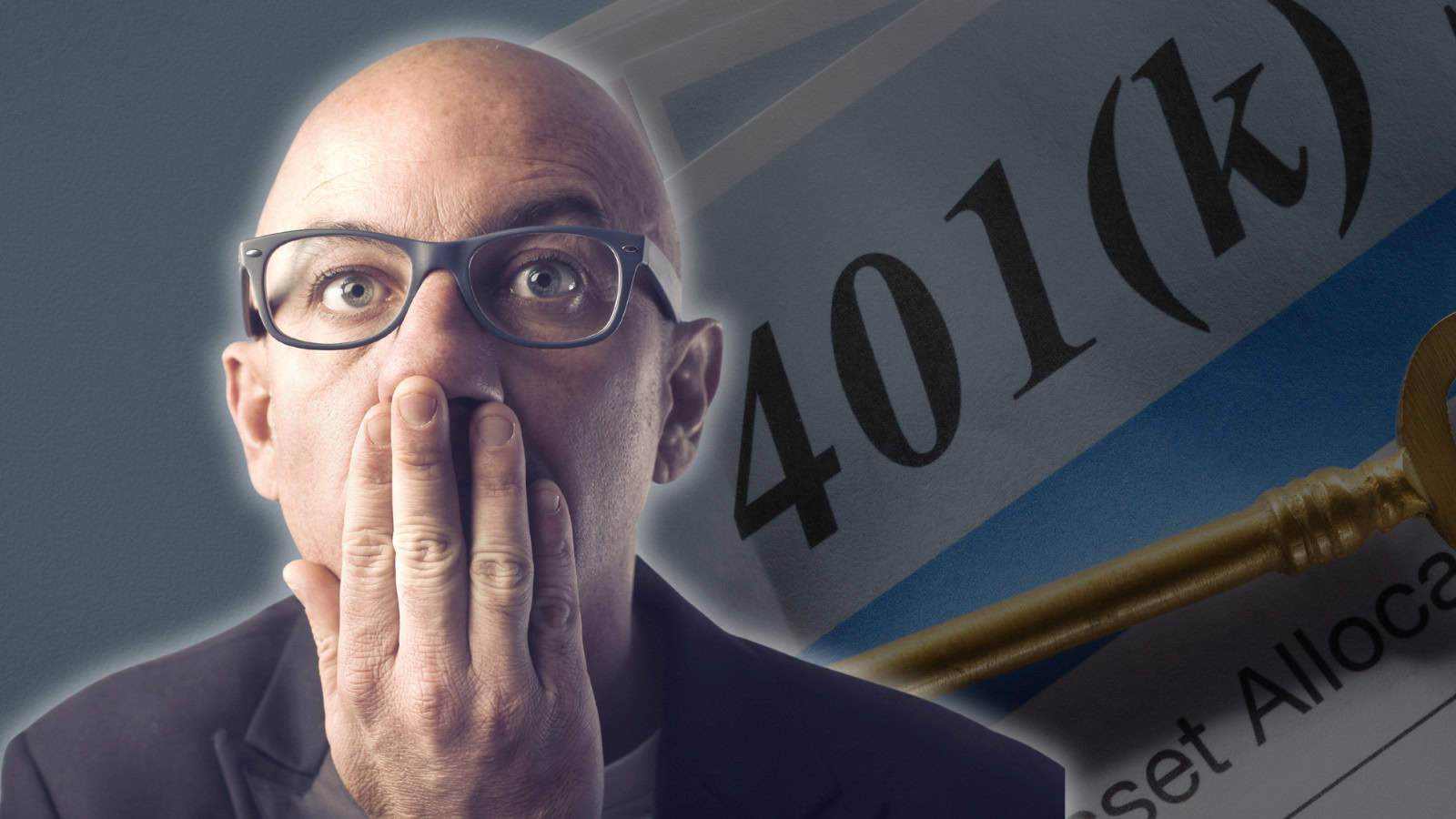Personal Finance
The 401(k) Misstep That Could Delay Your Retirement by Decades

Published:

Making just a few missteps with your 401(k) account could mean the difference between retiring on schedule and delaying your retirement by a number of years, even by a decade or longer, at least in my opinion. Of course, your mileage will vary depending on your age and income. The longer such missteps go unnoticed, the more luster your retirement nest egg may shed.
Undoubtedly, that’s why it’s such a smart idea to pay a financial adviser or wealth planner for their services. Sure, they may cost a great deal off the bat, but the value they provide may make up for their fees and then some, especially if you’re one of many Americans who may not have their 401(k) accounts optimally allocated.

The comfort level of your retirement is on the line regarding your 401(k) account. With that, many Americans may find it’s not all too good an idea to take risks in the markets. Undoubtedly, when one’s retirement is at stake, going heavy on risk-free assets can make a lot of sense, especially in today’s high-rate environment. Though rates aren’t at their peak following recent Federal Reserve rate cuts, the risk-free rate is still quite generous in the grander scheme of things.
That said, even the 4-5% return “enjoyed” by savers isn’t as generous when it comes to real terms. When you consider how high inflation was at its peak, it’s safe to say that the elevated rates on savings and other risk-free securities weren’t all too generous to begin with. It’s far better to have a 4% rate on your risk-free investment in a 2.5% inflation environment than a nearly 5% rate in a world where inflation was north of 7%.
Even if you can eke out a 1-2% real return from risk-free securities, you’re probably doing your 401(k) a disservice if you’re more than 15 years away from retirement. And if you’re relatively young (let’s say less than 40), some may argue it’s the risk-free assets that are riskier to own over the long haul, at least when it comes to the opportunity costs.
Undoubtedly, if you’ve invested the 401(k) proceeds in stocks, which have enjoyed historical real (after inflation) returns in the ballpark of 7-9% over time, you’d have a much larger nest egg by the time you retire.
In my humble opinion, a 7-9% real return versus 1-2% could mean the difference between retiring at 60 and retiring at closer to 70. And if you’re young (let’s say 20) and just starting on your investing journey, perhaps an overly conservative 401(k) investment allocation (cash vs. stocks) could delay one’s retirement by more than a decade. As always, a financial adviser will be better able to crunch the numbers and help you avoid missteps before they have a chance to happen.
That’s not to say you shouldn’t have any risk-free asset exposure. On a really rainy or even haily day for financial markets, you’d be glad to hold bonds and savings. However, the longer the days that go by without poor market “weather,” the more potential return you stand to leave on the table.
As always, 401(k) investors should consult a financial adviser if they’re at all unsure about their portfolio’s asset allocation. Everybody’s risk tolerance and appetite for growth will differ. And a financial adviser can really help you better understand your p
Either way, if you’re at all uneasy about having an overly conservative portfolio in a falling-rate environment but are also concerned about the stock return trajectory for the next decade (in a prior piece, I highlighted Goldman Sachs‘ (NYSE:GS) call for “a lost decade” for stocks), you should seek the advice of a professional. An advisor’s value-adding services can help you clear the air at a time like this when uncertainties couldn’t be greater.
Start by taking a quick retirement quiz from SmartAsset that will match you with up to 3 financial advisors that serve your area and beyond in 5 minutes, or less.
Each advisor has been vetted by SmartAsset and is held to a fiduciary standard to act in your best interests.
Here’s how it works:
1. Answer SmartAsset advisor match quiz
2. Review your pre-screened matches at your leisure. Check out the advisors’ profiles.
3. Speak with advisors at no cost to you. Have an introductory call on the phone or introduction in person and choose whom to work with in the future
Thank you for reading! Have some feedback for us?
Contact the 24/7 Wall St. editorial team.